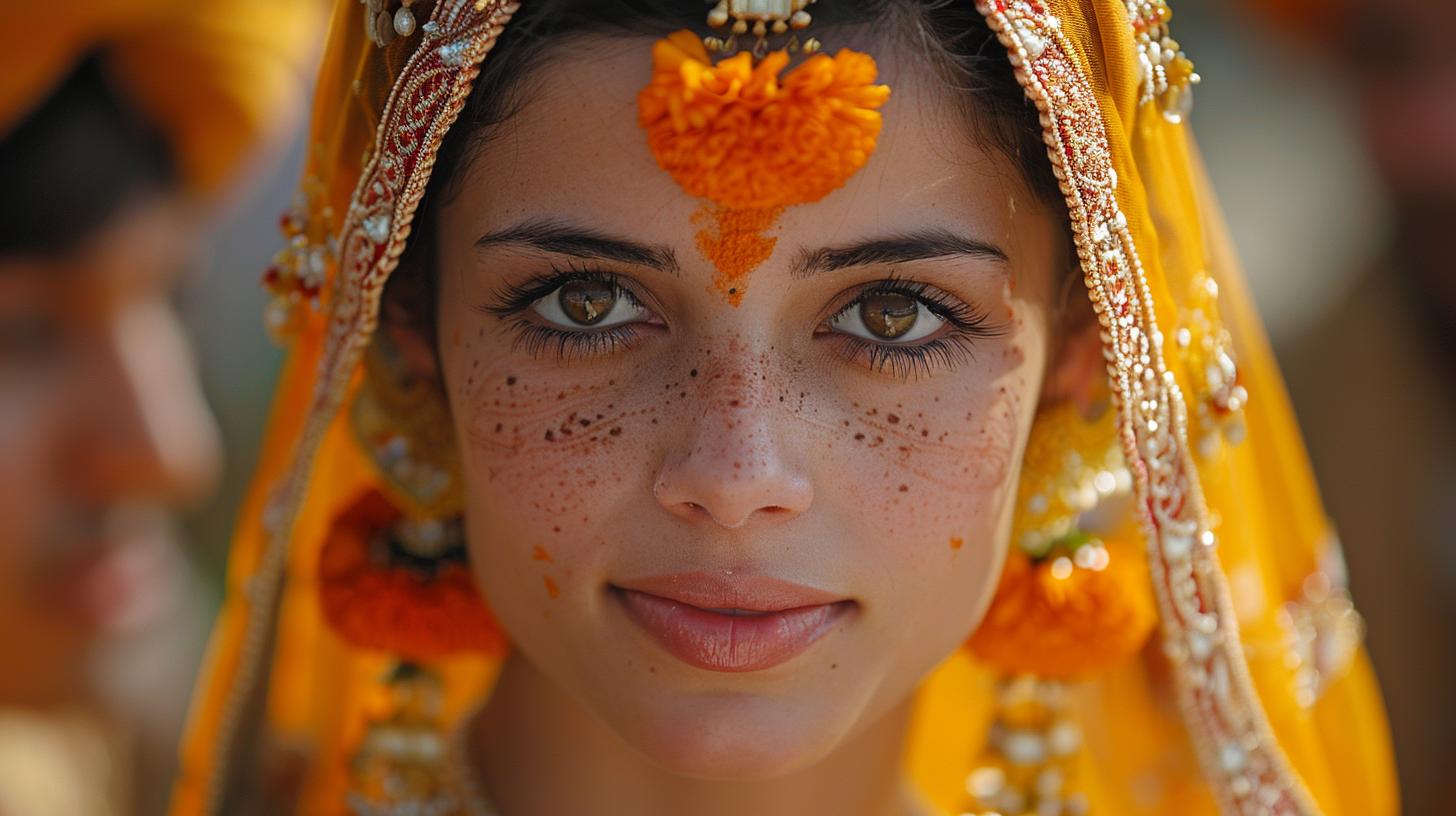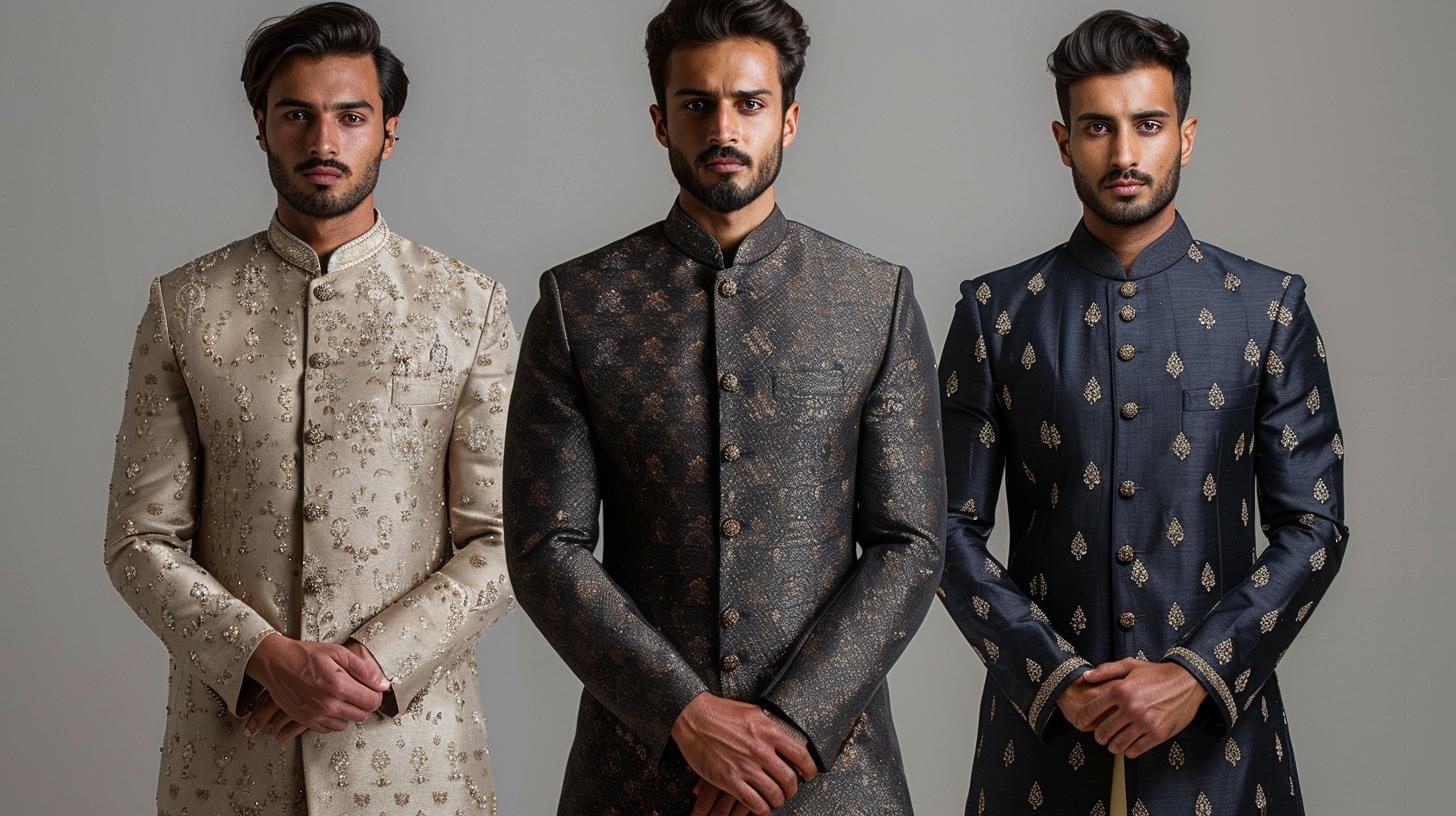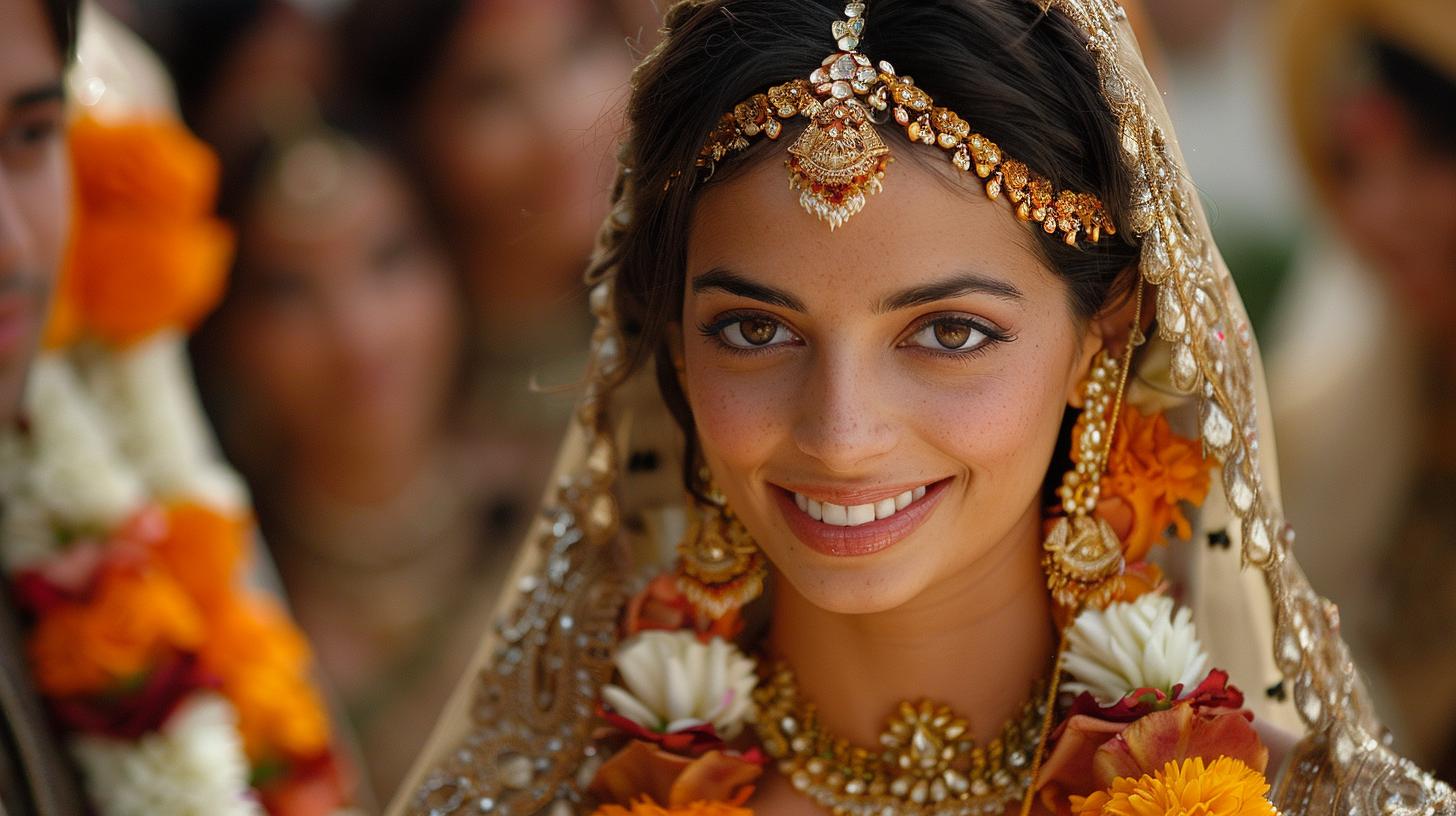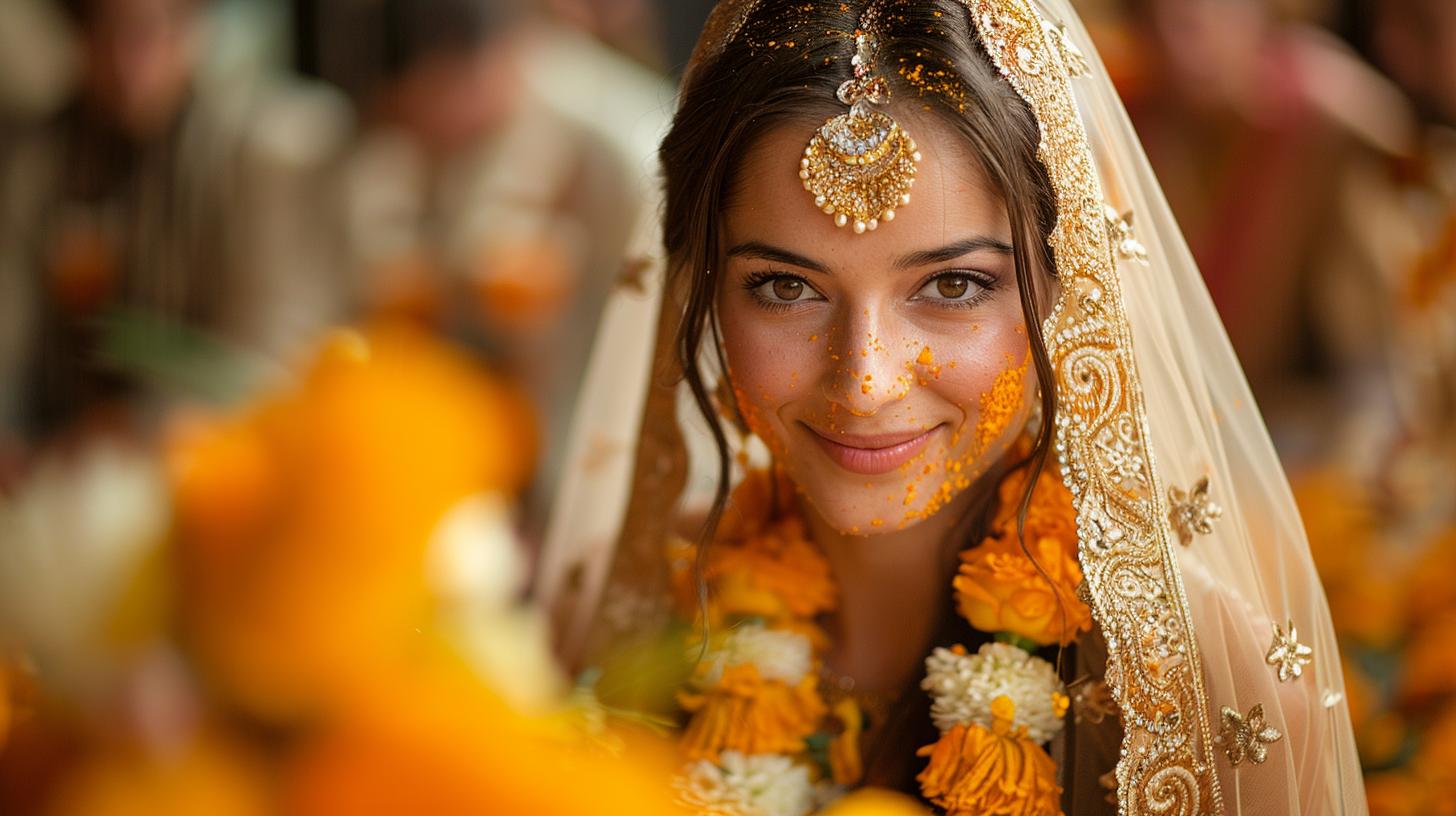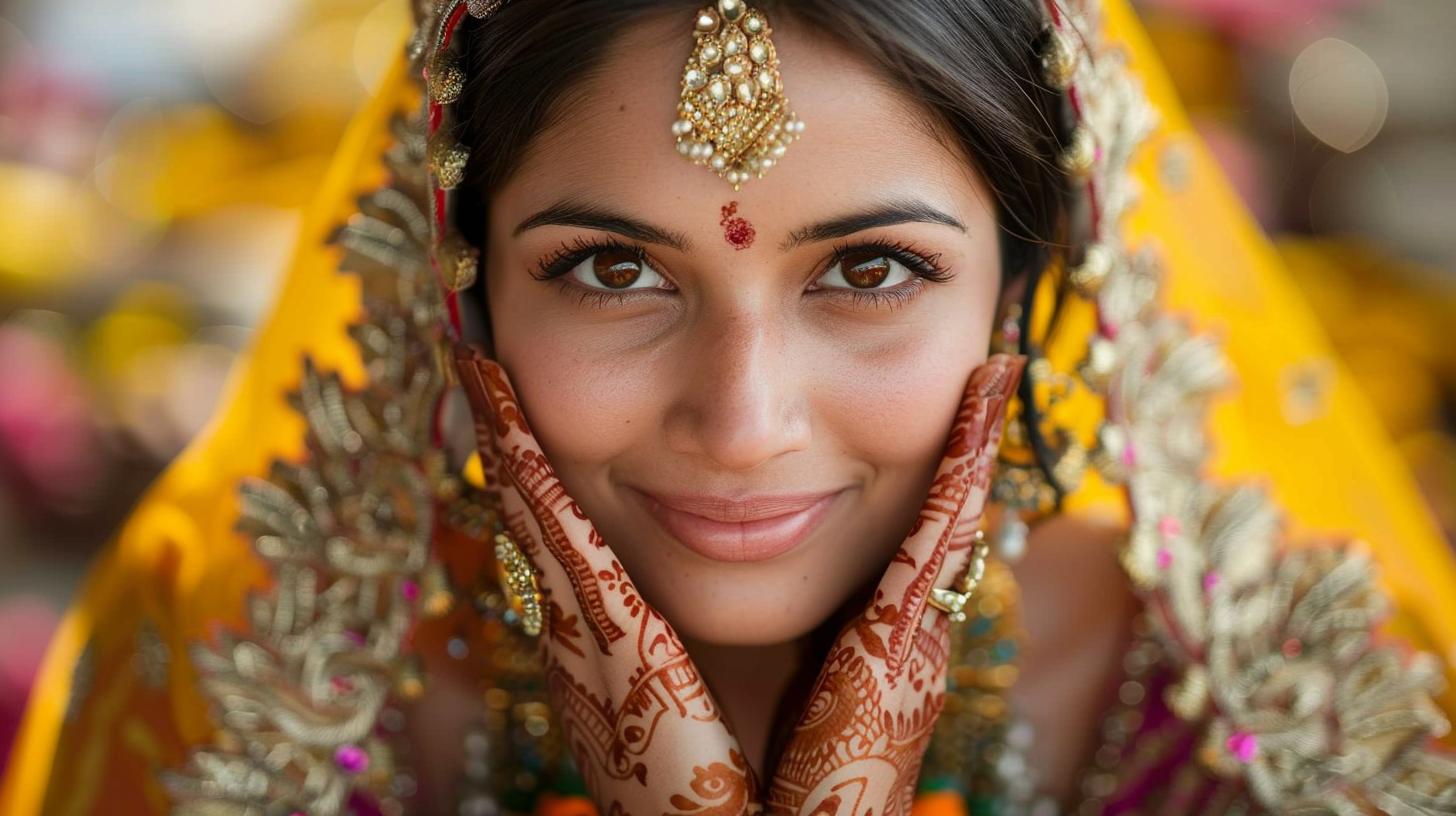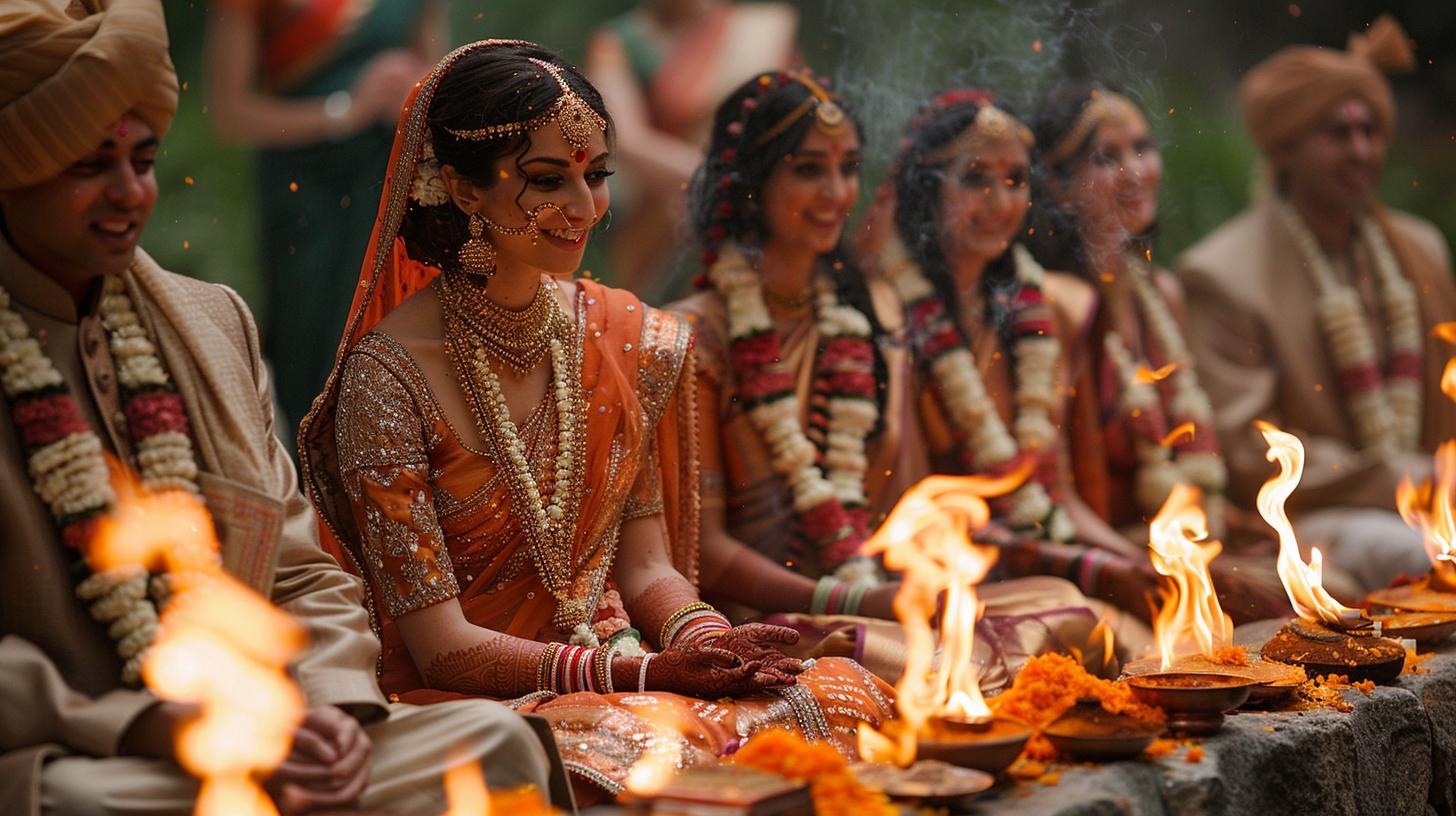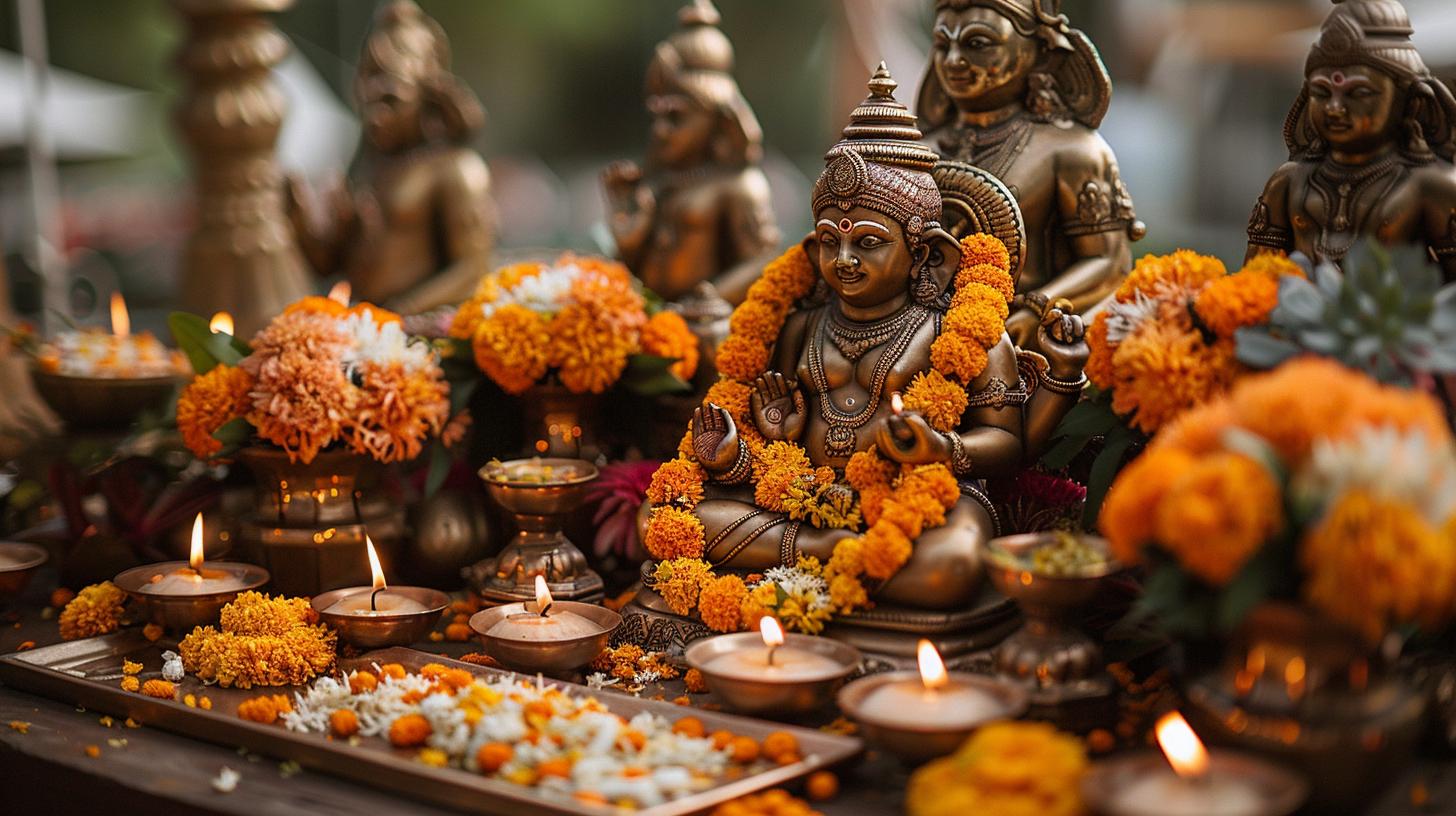What Percent Of Marriages In India Are Arranged: A Deep Dive Into Traditional Matchmaking
Arranged marriages are deeply ingrained in Indian society, with around 90% of marriages being arranged. Despite popular belief in the importance of love, the majority in India opt for arranged marriages.
Studies show only 3% of marriages in India are for love, with 2% being a mix. Gender norms and family influence play significant roles in this practice.
Understanding the Practice of Arranged Marriages in India
Arranged marriages in India hold a significant cultural value, deeply rooted in centuries-old traditions.
Let’s explore the cultural significance, compare arranged marriages with love marriages, and delve into the historical evolution of this enduring practice.
Cultural Significance of Arranged Marriages
- Arranged marriages are considered a sacred union between families.
- They are believed to foster social harmony and strengthen family ties.
- Matchmakers play a crucial role in ensuring compatibility and stability.
Comparison Between Arranged and Love Marriages
- Arranged marriages focus on family compatibility and long-term stability.
- Love marriages emphasize personal choice and emotional bond.
- Both types of marriages have their unique benefits and challenges.
Historical Evolution of Arranged Marriages
Arranged marriages in India have evolved over time, adapting to societal changes and cultural shifts.
Initially rooted in tradition and family honor, modern arranged marriages reflect a blend of tradition and modern values.
Factors Influencing Arranged Marriages in Indian Society
The dynamics of arranged marriages in Indian society are shaped by various factors that influence the decision-making process and outcomes. The role of family and the impact of gender norms play a crucial role in determining the success and sustainability of arranged marriages.
Role of Family in Arranged Marriages
In Indian society, families hold significant power and influence in the arrangement of marriages. Family members, particularly parents, are deeply involved in the matchmaking process, often considering factors such as social status, financial stability, and cultural compatibility.
- Parents act as mediators in finding suitable matches for their children, taking into account the family background and reputation of potential partners.
- Family approval is essential in the finalization of marriage proposals, and the consent of both families is considered crucial for a successful arranged marriage.
Impact of Gender Norms on Arranged Marriages
Gender norms play a significant role in shaping the expectations and roles of individuals within arranged marriages.
Traditional beliefs about gender roles and responsibilities often dictate the behavior and decision-making processes of both partners.
- Women are expected to adhere to traditional gender roles, including being the primary caregivers and homemakers in the family.
- Males may be pressured to fulfill societal expectations of being the primary breadwinners and decision-makers in the relationship.
Modern Perspectives and Challenges of Arranged Marriages in India
Arranged marriages in India have evolved to reflect modern perspectives and face various challenges.
Addressing gender inequality is crucial in ensuring equality and respect within these unions.
Addressing Gender Inequality in Arranged Marriages
Gender norms play a significant role in arranged marriages, often leading to unequal power dynamics. Society is gradually recognizing the importance of addressing gender inequality to promote mutual respect and understanding between spouses.
Navigating Individual Autonomy in Arranged Marriages
Individual autonomy is a crucial aspect of any marriage, including arranged unions. Balancing family expectations with personal desires can be challenging, highlighting the need for open communication and mutual understanding within the relationship.
Dealing with Caste and Colorism in Matchmaking
The persistence of caste and colorism in Indian society can impact the matchmaking process, leading to discrimination and unequal treatment. Overcoming these challenges requires a shift towards a more inclusive and accepting mindset, focusing on shared values and compatibility rather than superficial criteria.
.

